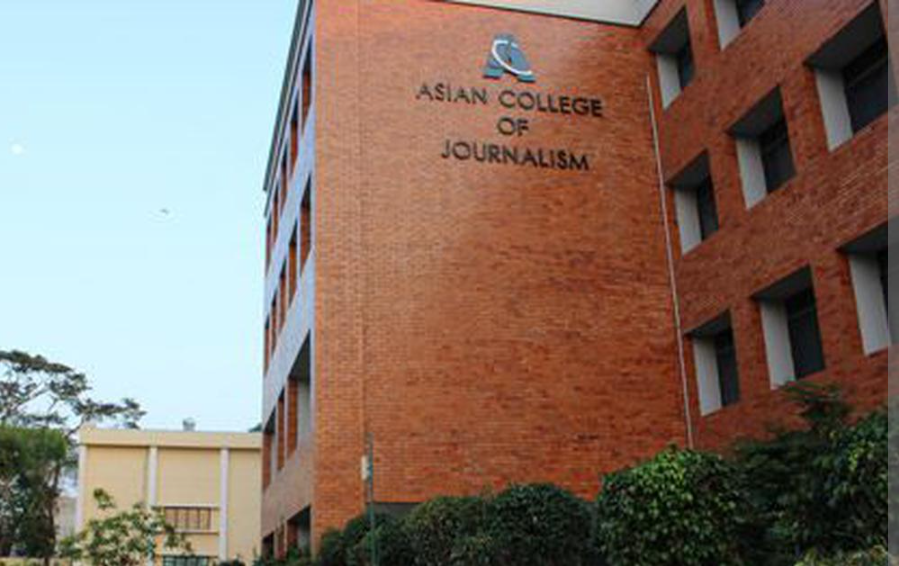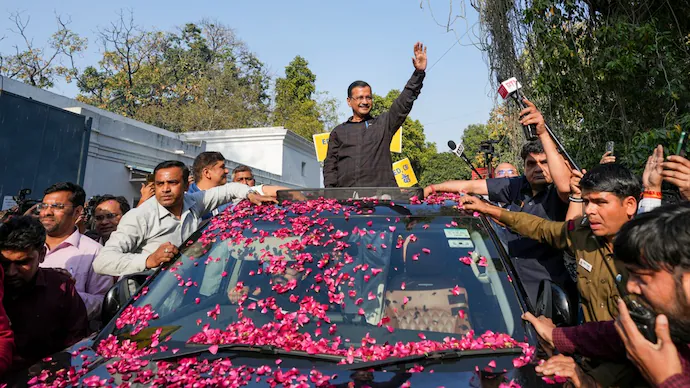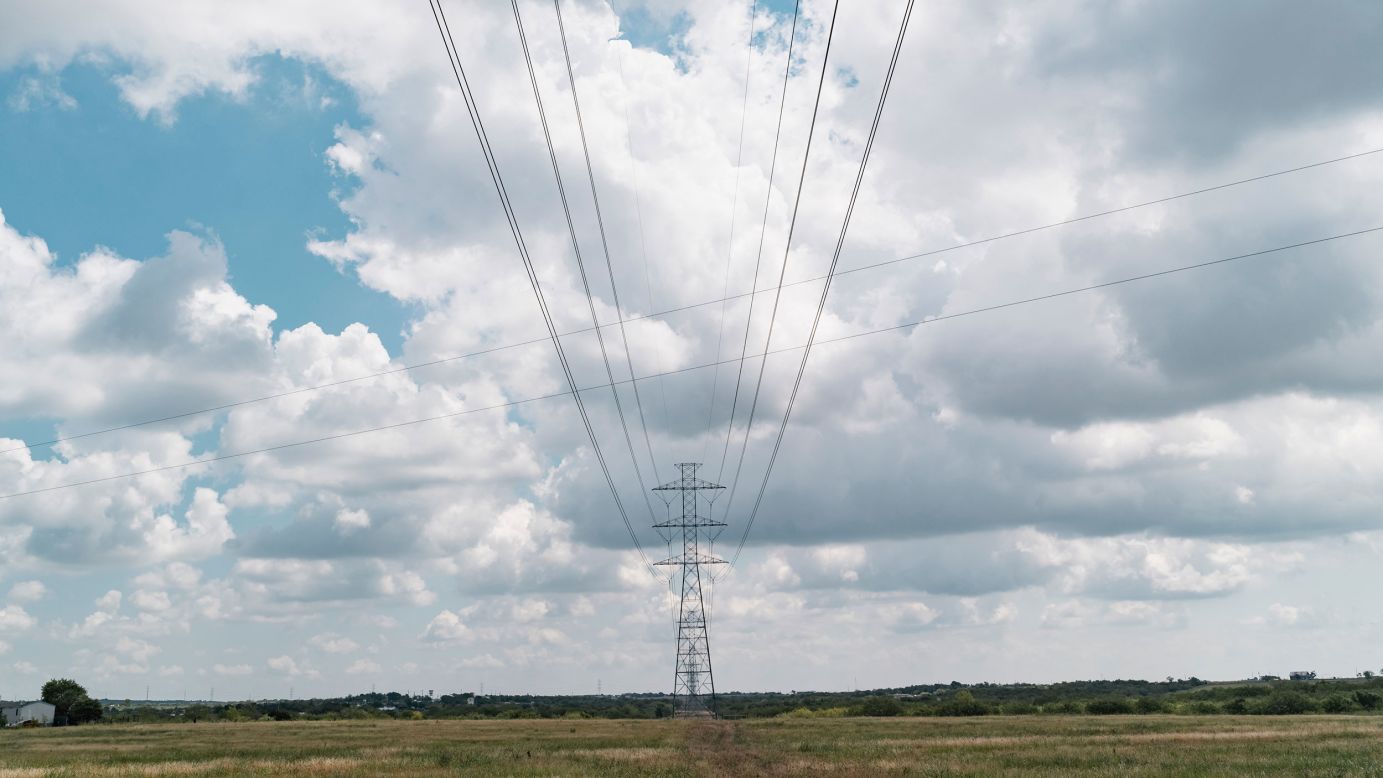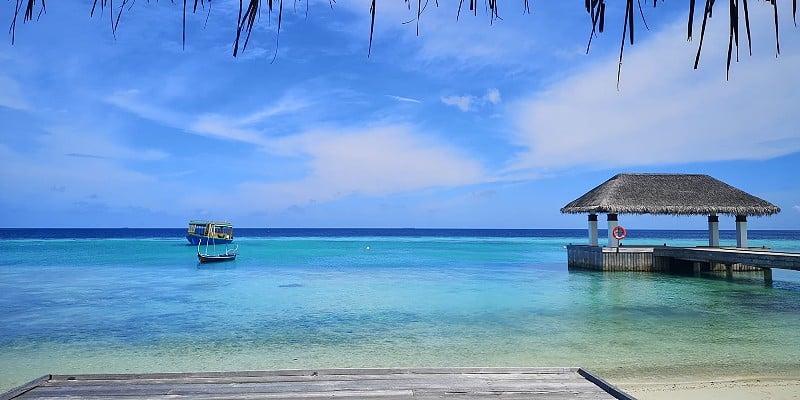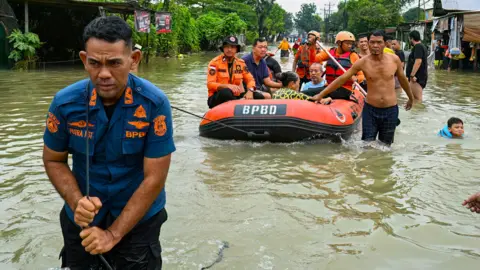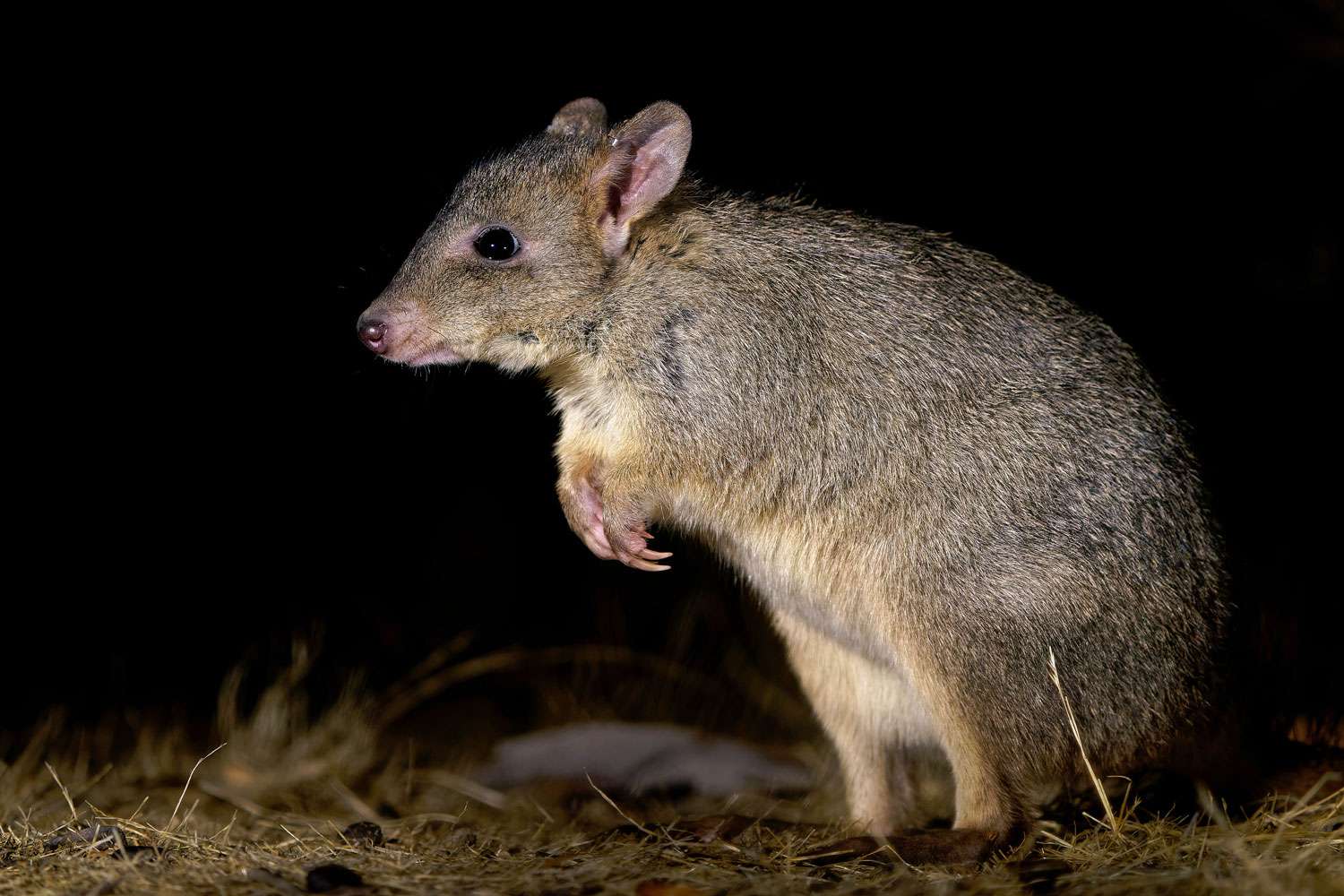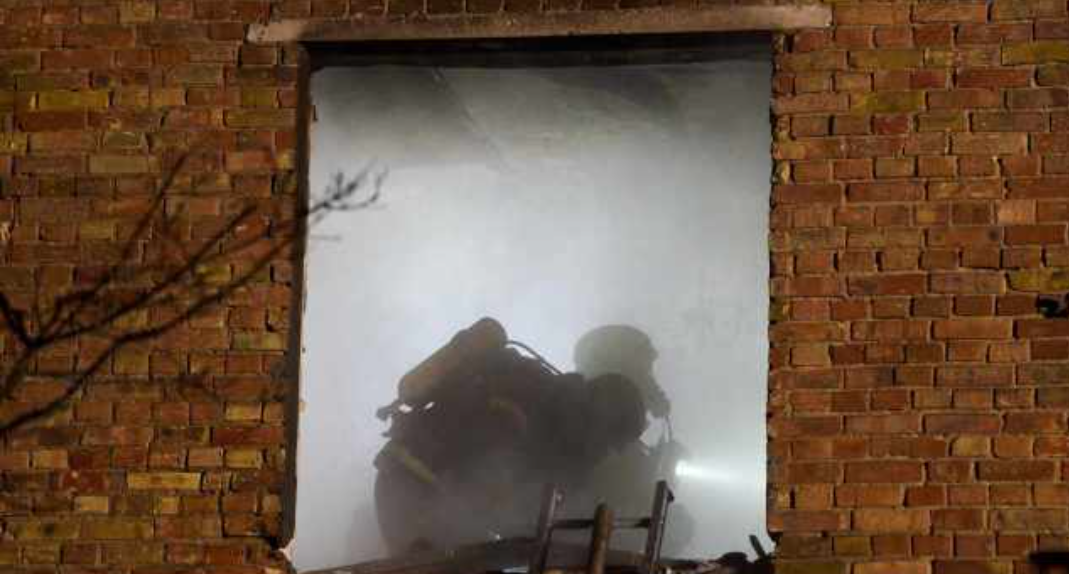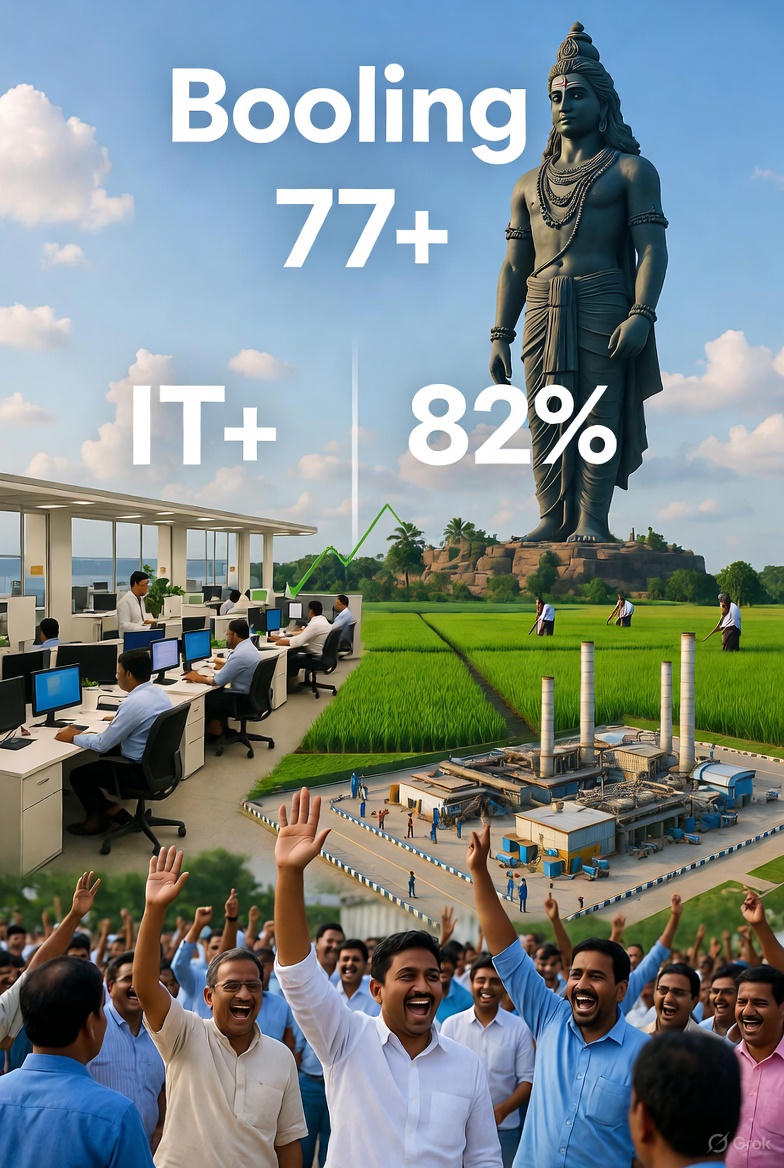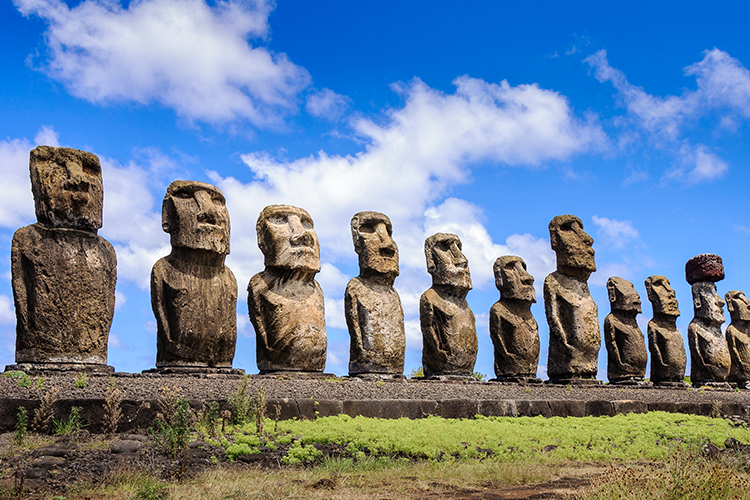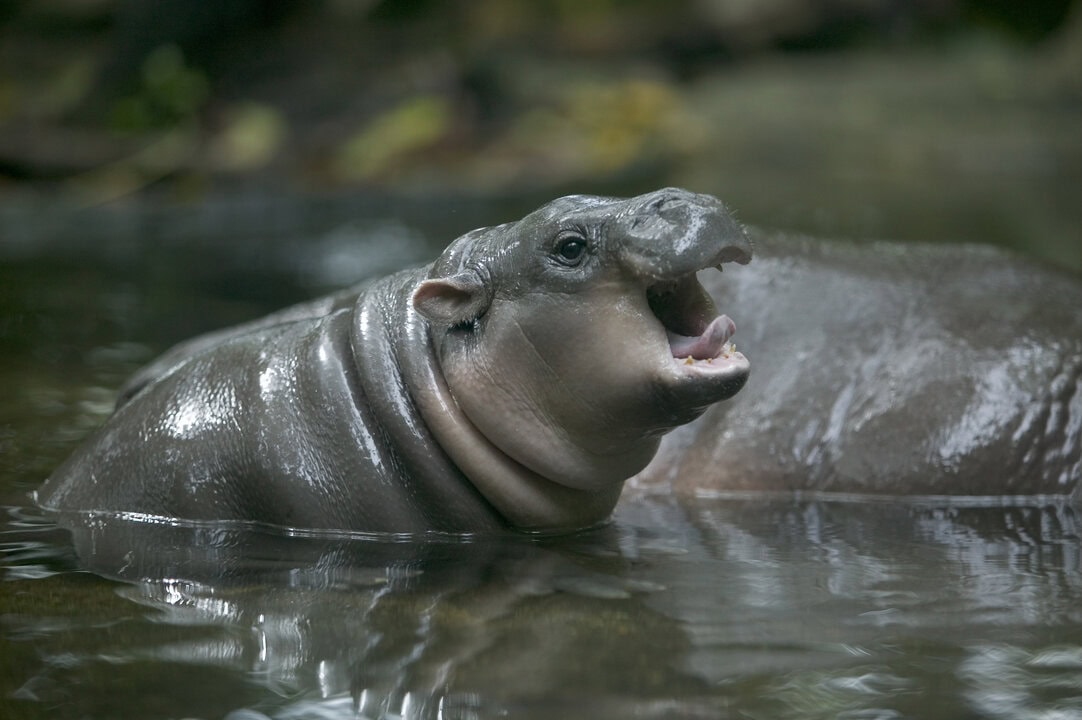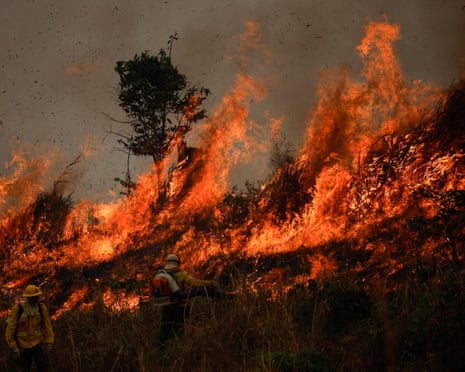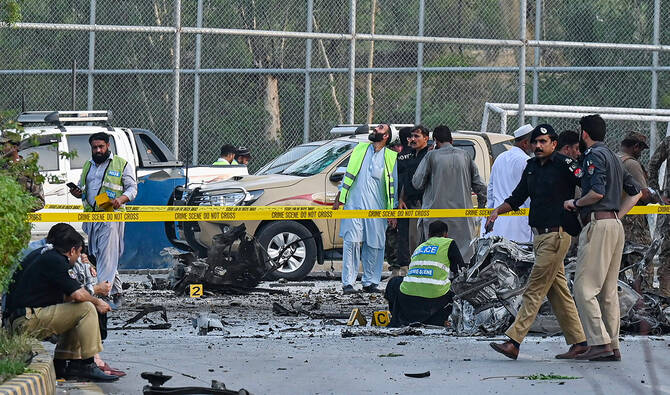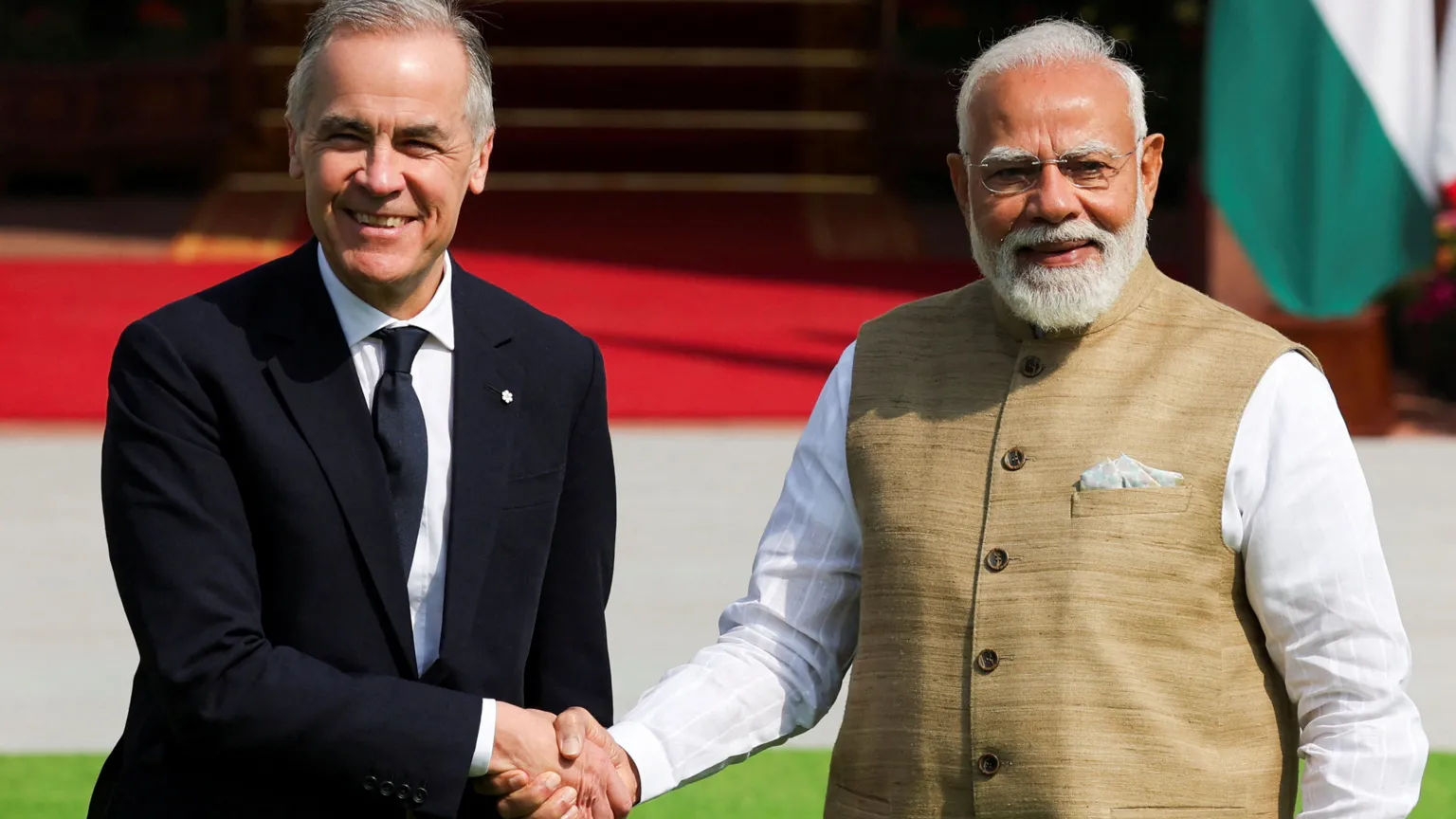By Manisha Sahu, America News World
September 26, 2025
The Asian College of Journalism (ACJ) is preparing to launch a first-of-its-kind Climate Change Media Hub at its Chennai campus this November. The hub, set up in partnership with Germany’s Interlink Academy, is designed to boost the quality and depth of climate reporting in India by providing training, mentorship, and resources to journalists.
The announcement comes at a time when climate-related stories are dominating headlines worldwide — from record-breaking temperatures to catastrophic floods and wildfires. The ACJ initiative is aimed at equipping Indian journalists with the skills to report these developments with nuance, accuracy, and global perspective.
Building Capacity for Climate Journalism
The new hub will focus on three core areas:
Capacity building: equipping journalists with technical and editorial tools to cover climate change comprehensively.
Networking: fostering collaboration among journalists, academics, and policy experts.
Resource creation: offering access to databases, research, and production facilities that can support climate storytelling.

“Climate change is not just a science story; it is also about people, livelihoods, and justice,” said an ACJ spokesperson. “The hub will empower journalists to tell stories that connect the data with human realities.”
Two Flagship Programmes
Over the next three years, the hub will host two flagship eight-month programmes. Both programmes will provide stipends, production support, and access to ACJ’s state-of-the-art facilities, including digital labs, audio-video production studios, and a specialized library.
1. Climate Change Residency Programme
This programme is tailored for senior Indian journalists with at least seven years of experience in reporting on climate change or environmental issues. It welcomes newsroom journalists who wish to take a break to focus on climate reporting, as well as independent journalists seeking to undertake in-depth projects.
The residency offers an immersive learning experience with mentoring from veteran journalists and subject experts. Participants will produce long-form or investigative projects on pressing climate issues such as extreme weather events, renewable energy transitions, biodiversity loss, and climate justice debates.
2. Climate Change Mentorship Programme
This programme is aimed at early-career journalists with two to three years of experience in the media. It is open to both newsroom reporters and freelancers working with small or alternative media outlets.
Young journalists will work on multimedia stories from their place of residence or newsroom while being mentored by experienced climate reporters. The mentorship will emphasize modern multimedia formats — video explainers, podcasts, photo essays, and interactive digital features.
Applications for both programmes are currently open, with details available on the ACJ website, asianmedia.org. The deadline to apply is October 3, 2025.
The programmes are open exclusively to Indian journalists. Both senior and young participants will receive stipends, editorial guidance, and access to resources throughout the eight months.
India has been at the frontline of climate challenges — from urban flooding in Chennai and Mumbai, to deadly heatwaves across northern states, to the erosion of coastal villages in Odisha and West Bengal. Yet, despite the gravity of these challenges, climate stories in the media often take a back seat to political or economic headlines.
By creating a dedicated hub, ACJ hopes to address this gap. The institution has long been recognized as one of South Asia’s leading journalism schools, producing professionals for top newsrooms in India and abroad. With the Climate Change Media Hub, it is now positioning itself as a regional leader in specialized climate journalism training.
“South Asia is one of the most climate-vulnerable regions in the world. Journalists here need to go beyond reactive coverage of disasters and explore the larger systems driving climate change,” said an Interlink Academy representative. “This partnership will strengthen the storytelling capacity in India while creating global linkages.”
What Participants Can Expect
– Both programmes will combine academic grounding with hands-on practice. Training modules will include:
– Interactions with climate scientists, economists, and policy experts.
– Workshops on data visualization, digital storytelling, and investigative techniques.
– Access to production facilities for creating high-quality multimedia reports.
– Peer-to-peer learning and collaboration among participants.
Participants will also be encouraged to publish their projects in leading Indian and international media outlets, amplifying the reach of their stories.
The launch of the Climate Change Media Hub coincides with growing international attention on climate action, as nations prepare for the COP30 climate summit in Brazil later this year. For India, which plays a pivotal role in global negotiations, credible and informed reporting is seen as essential to shaping public understanding and policy discourse.
By supporting both seasoned professionals and emerging talent, ACJ’s initiative creates a pipeline of skilled climate reporters who can raise awareness, scrutinize government policies, and give voice to communities most affected by climate change.
The Asian College of Journalism’s Climate Change Media Hub is more than an academic venture — it is a response to the urgent need for informed climate communication in one of the world’s most vulnerable regions.
For journalists in India, it represents a rare chance to step back, sharpen their skills, and contribute meaningfully to one of the defining challenges of our time.
Discover more from AMERICA NEWS WORLD
Subscribe to get the latest posts sent to your email.
